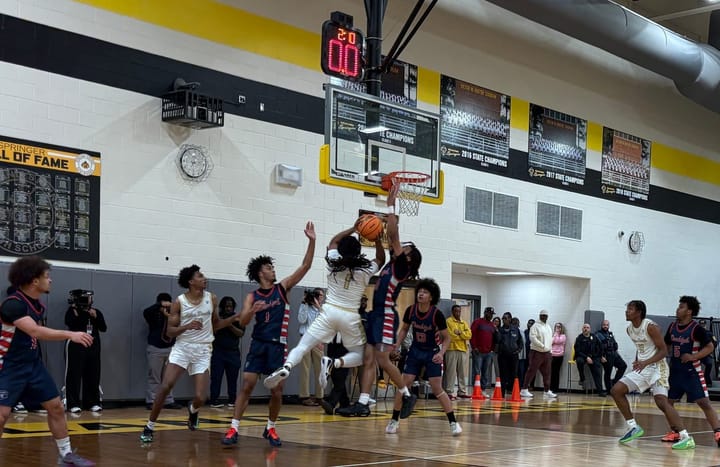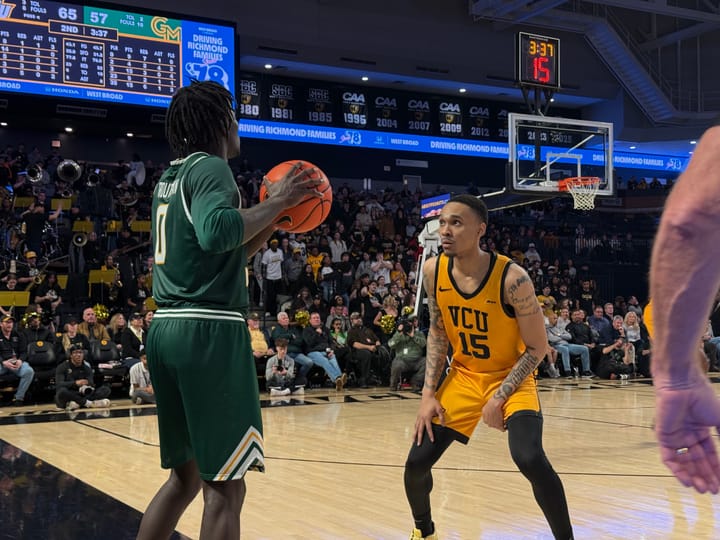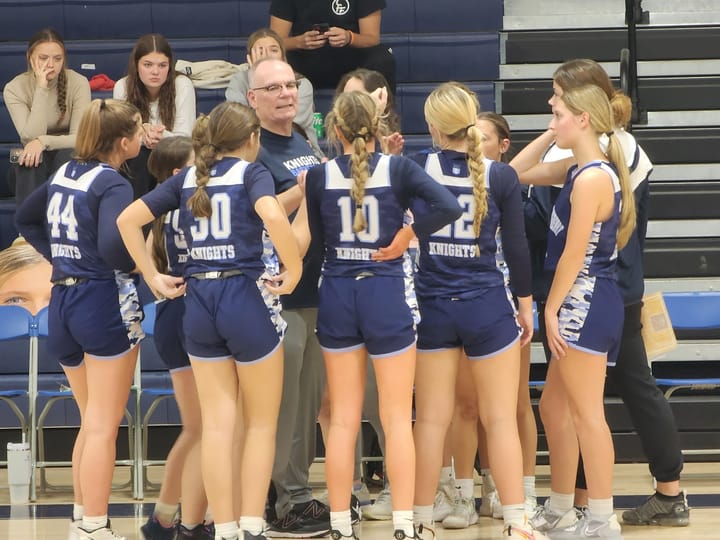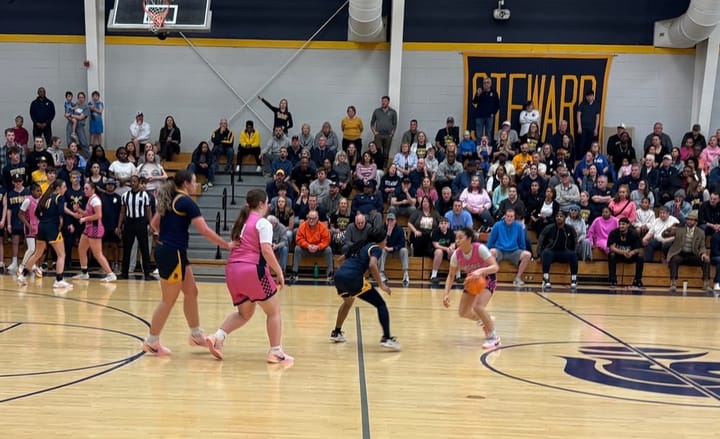Jerry Lindquist: Ron Atkins didn't intend to be a baseball lifer, but found success at Tucker and UR
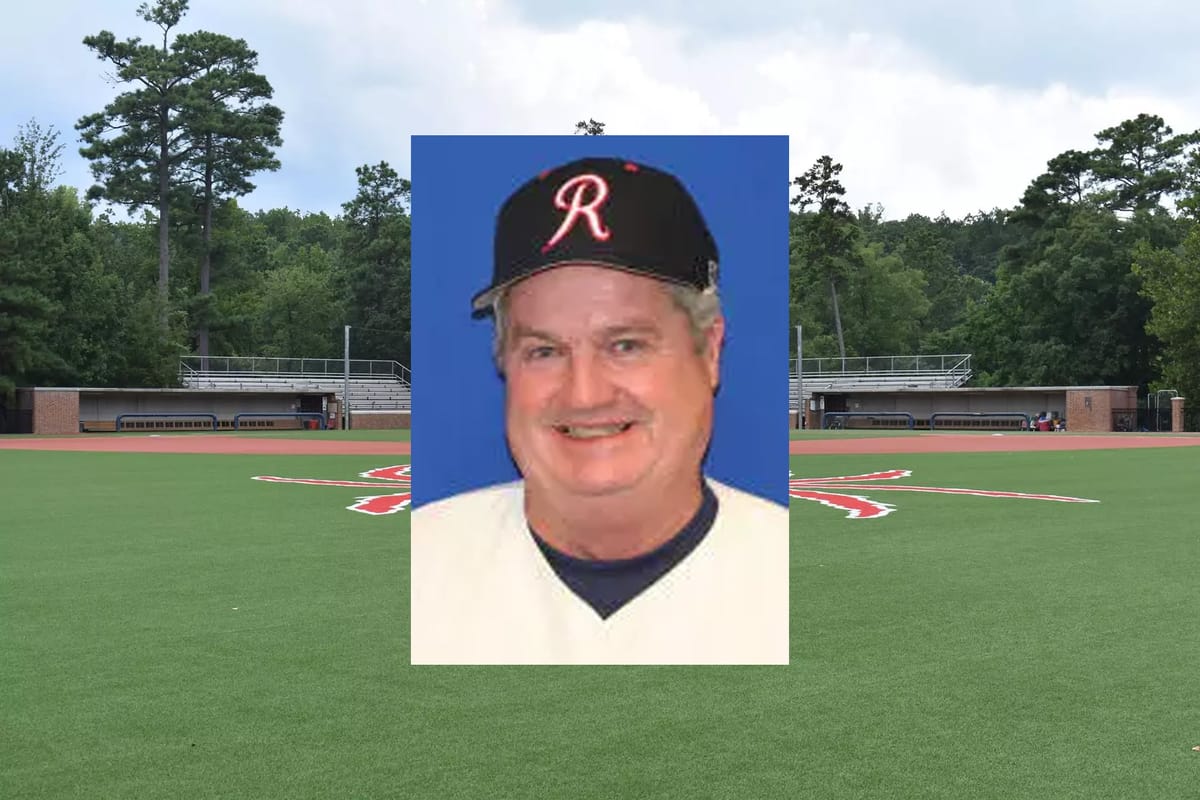
All right, kiddies, listen up … for the question of the day. And odds are few, if any of you, will know the answer.
Which University of Richmond coach holds the school record for most victories in one sport?
Mac Pitt ran baseball for 37 years and had a winning percentage of 62.3%, best in UR history. Surely he must be the answer. WRONG!
What about basketball’s Chris Mooney, 20 years and counting? Or Frank Jones, who guided football in its glory days that included beating nationally-ranked Ohio University in the 1968 Tangerine Bowl? NEGATIVE … and NEGATIVE again.
Would you believe Ronnie Atkins, whose UR baseball teams won 717 games in 23 seasons before he walked away in 2007 … only to be cloaked in such obscurity that even the state sports hall of fame has managed to overlook him?
In fact, Atkins also qualifies for his success at J.R. Tucker High School where, from 1976 through 1984, the Tigers claimed four state championships, and Atkins' teams won 81% of their games.
Not bad for someone who is from Giles County and, growing up, always preferred basketball over baseball.
“I was pretty small back then,” Atkins said. “When I graduated from high school, I was probably only 120 pounds and 5-5 or 5-6. I really loved basketball … went out for the freshman team at Virginia Tech and got cut. I had been a second baseman and shortstop … but I knew I couldn’t play baseball at Tech … and I was cut there, too.”
So, why did you become a baseball coach?
“I don’t know,” Atkins said. “I wasn’t thinking about sports [in 1967] when I went to Tucker.”
He majored in industrial education at Tech and later got a master’s degree at Virginia State. “It wasn’t easy,” Atkins recalled. “I was going to night school and still teaching.”
Tucker athletic director Fred Wells to the rescue. “I will never forget it,” Atkins said. “He wanted me to do some umpiring for the JV team … and, after a while, I got interested in Tucker’s program.”
He coached the JV team, then took the varsity job in 1975 … until leaving for UR after VCU AD Lewis Mills tried to get Atkins to run his baseball program.
If he didn’t believe some things are meant to be, Atkins does now. He began as a one-man staff at Tucker … learned on the job ... “and it was fun,” Atkins said. “I really enjoyed those days.”
Fun, yes. Easy, no. Far from it.
“The money wasn’t there to support a baseball program, so I knew I had to do something to get people involved,” Atkins said. “The best thing I did was … I went into the community – and Tuckahoe Little League – and made sure I was seen. Being there is kinda like being a politician, you’ve got to do it as a coach, too.”
He had father-son work days … and got parents to help with fund-raising … “and we finally got to where we could afford it,” Atkins said. “It was quite an experience.”
Despite his success at Tucker, Atkins still had no intention of making a career out of the game. “I was just trying to support my family … a wife, two kids,” he said.
Then one day Mills, who Atkins knew from their days at Va. Tech, called.
“I’ll never forget it,” Atkins said. “He told me they were going to build a stadium on Oregon Hill. He showed me the blueprints … but I turned him down.
“I don’t remember who they were replacing … but I couldn’t see myself going downtown. They were in that small [Franklin St.] gym … and really no place to practice. I made the right decision.”
It wasn’t too long thereafter that Chuck Boone, a UR lifer who played football and baseball and later, following a brief minor-league career, was baseball coach then athletic director at his alma mater, called.
“I remember talking to Fred Wells about going there … and he said, ‘Ronnie, let me remind you, coaches are hired to be fired.’ In another 13 or 14 years [at Tucker], I could have retired with a pretty good pension,” Atkins said. “It was not a stable job at the time. It was a hard decision for me to make.”
Richmond, university of, baseball dates back to 1915. Pitt, a Spider legend, was the program’s third coach, winning 426 games through 1971 when he turned it over to Boone, who stopped after five seasons (96-56) to become AD.
Tommy Gilman was next and, although he lasted eight years with a winning percentage of 56.6% … always seemed to be fighting windmills. “I think he got frustrated,” Atkins said. “He told me, ‘They won’t give you enough to win.’”
While money was important, it didn’t keep Atkins from taking a chance on UR … for, after all, UR was taking a chance on him. “I mean, how many programs are going to bring in a high school coach to take on a Division I schedule?” he said. “I don’t think it’ll ever happen again.”
Not that the Spiders were instantly successful under Atkins, who began with five losing seasons before going 27-19-1 in 1990 ...to start a streak of 10 straight winning campaigns until a brief 25-29 glitch in 2000. UR set a school-mark for wins in 2002 (53-13) and followed that with 48-15 the next season.
Seven of Richmond’s eight NCAA tournament appearances have been with Atkins. In 2002 the Spiders came within a game of going to the College World Series.
“I studied the game. And, I stuck with my philosophy that pitching and defense wins championships,” Atkins said. “There’s a fine line between winning and losing. I always felt if we lost 3-2, 4-3, 1-0 … it was my fault. We really concentrated on winning the close games.”
And it certainly helped to have recruited such future Major League stars as Brian Jordan, Sean Casey and Tim Stauffer. (For more on them, and how they got to UR, see Jerry Lindquist’s blog.)
“I felt I was a good coach … but I listened to other coaches to learn all I could,” Atkins said.
“I wish we had more money to work with … but Chuck Boone let me run the program. He didn’t interfere. I still don’t think they are fully funded.”
He finally decided to quit in 2007 after going two of three seasons under .500. “I had had prostate cancer, and I probably could have stayed two or three more years, but … ,” Atkins said.
“Well, Jim Miller came in [as AD, replacing Boone], and everything was changing. I don’t know what all happened. I never could understand Jim, but he’s been pretty successful, and ...”
He has few if any regrets, Atkins said, acknowledging he was paid somewhere between $20,000 and $30,000 (at the beginning), "So it wasn’t like I was getting a whole lot more .. but in the back of my mind I was thinking, ‘If I stayed there, my kids could go tuition-free’ … and that was a big factor for me taking the job.”
Finally, he recalled then-UR president E. Bruce Heilman telling him: “’Ronnie, I hope you’re not using Richmond as a stepping stone and going somewhere else after two or three years.’ And when I did leave, I said, ‘I didn’t, did I?’ We both laughed.”
Note: This article has been updated to correct the spelling of Tim Stauffer's name.
The Richmonder is powered by your donations. For just $9.99 a month, you can join the 1,000+ donors who are keeping quality local journalism alive in Richmond.


